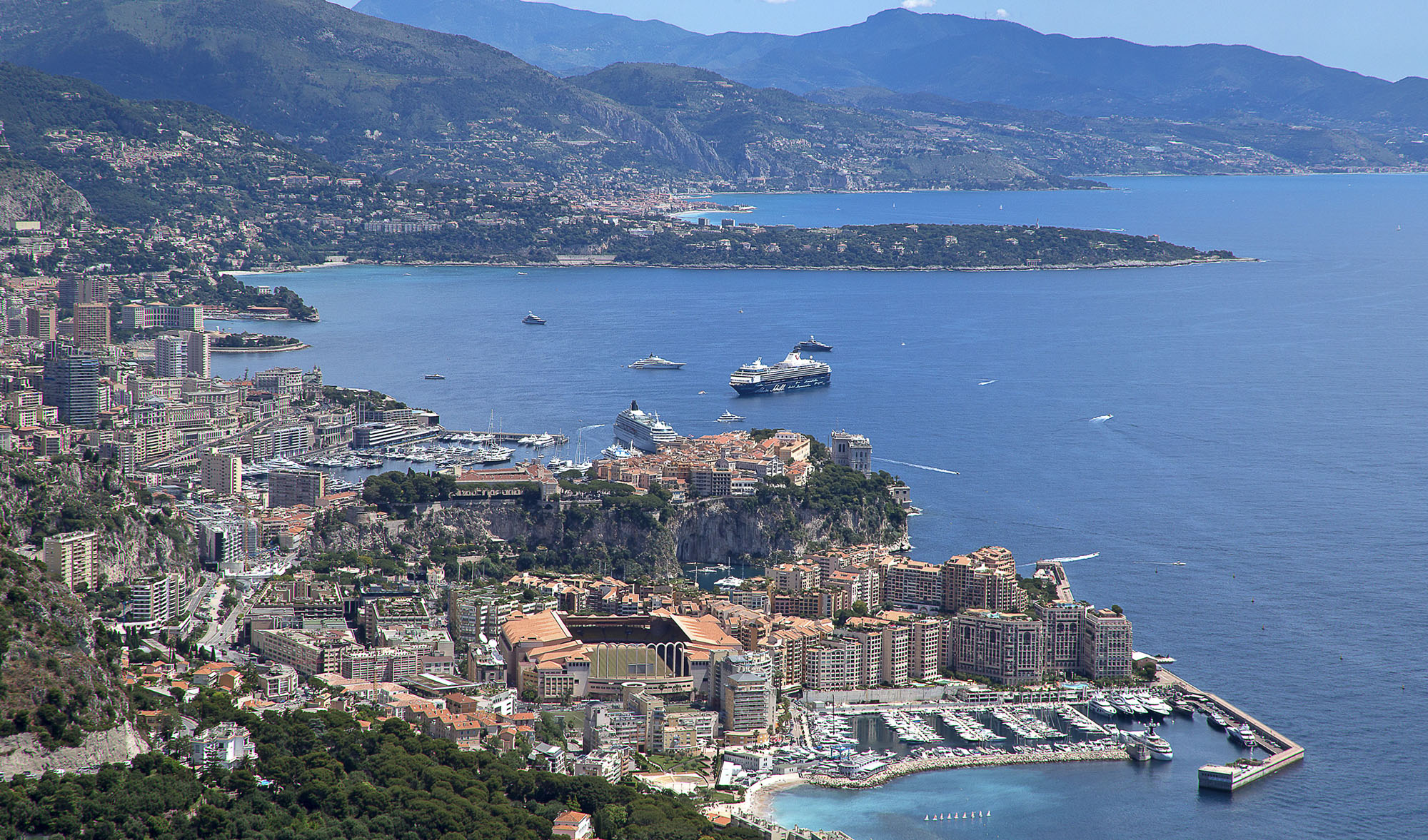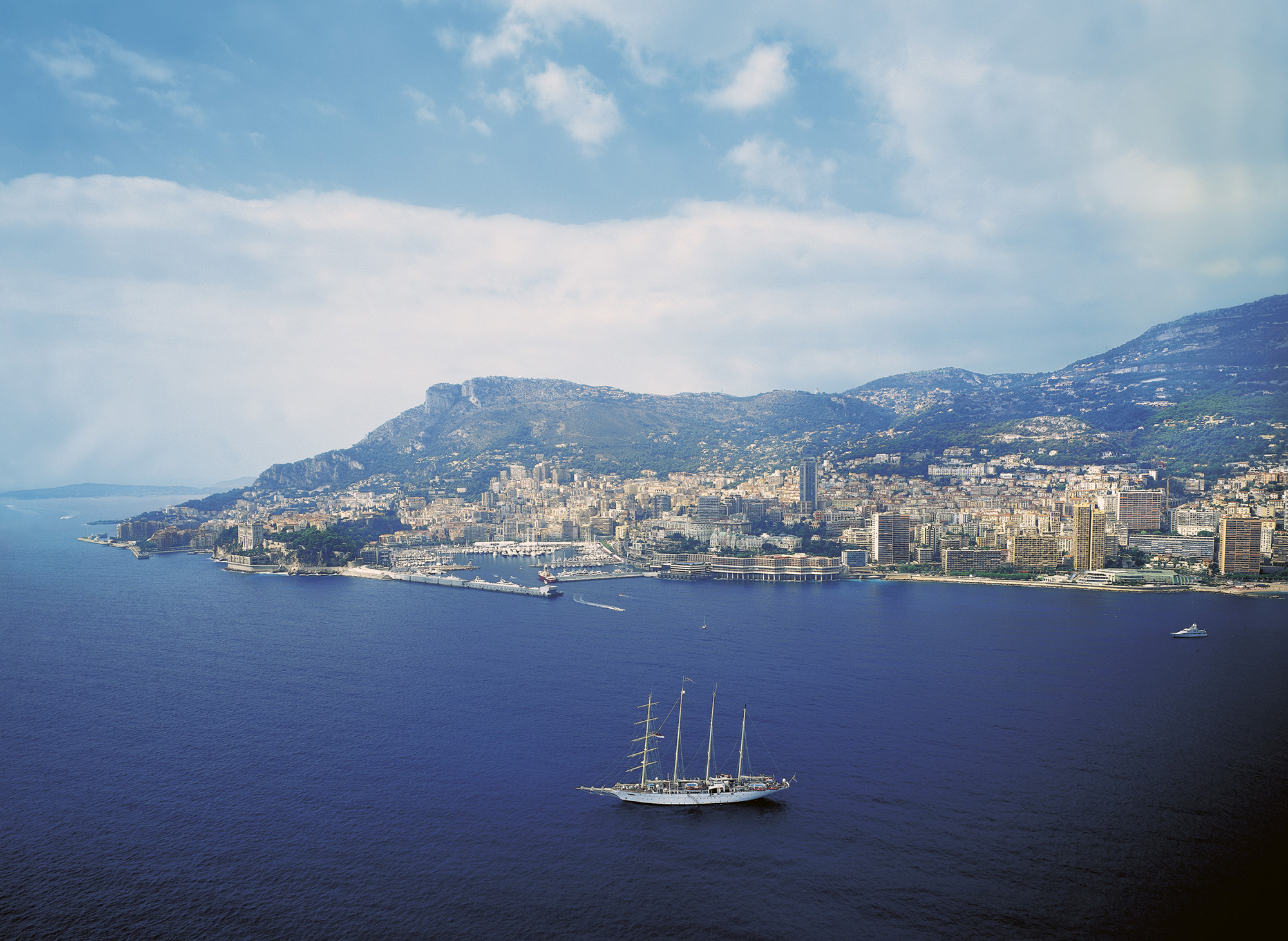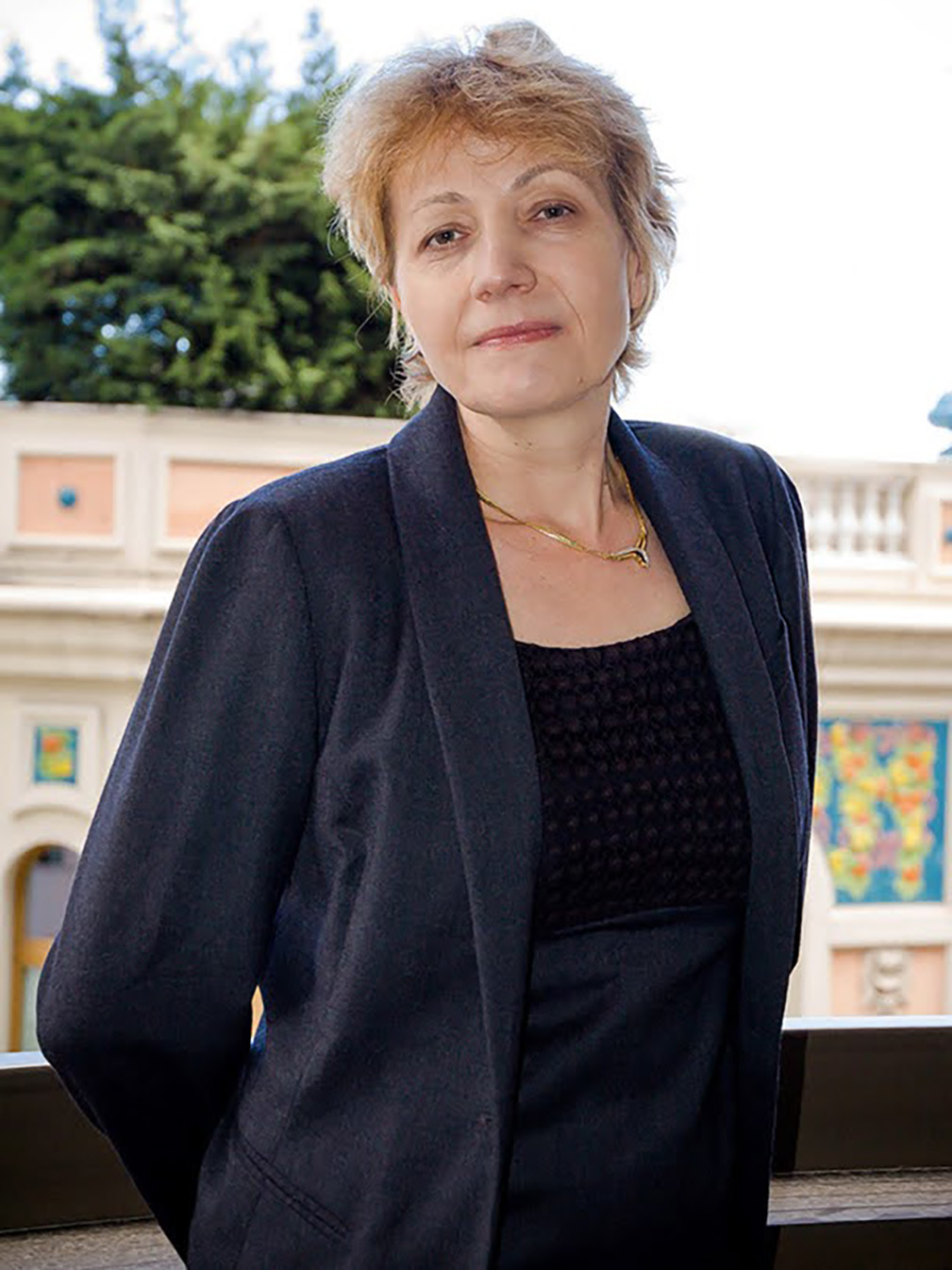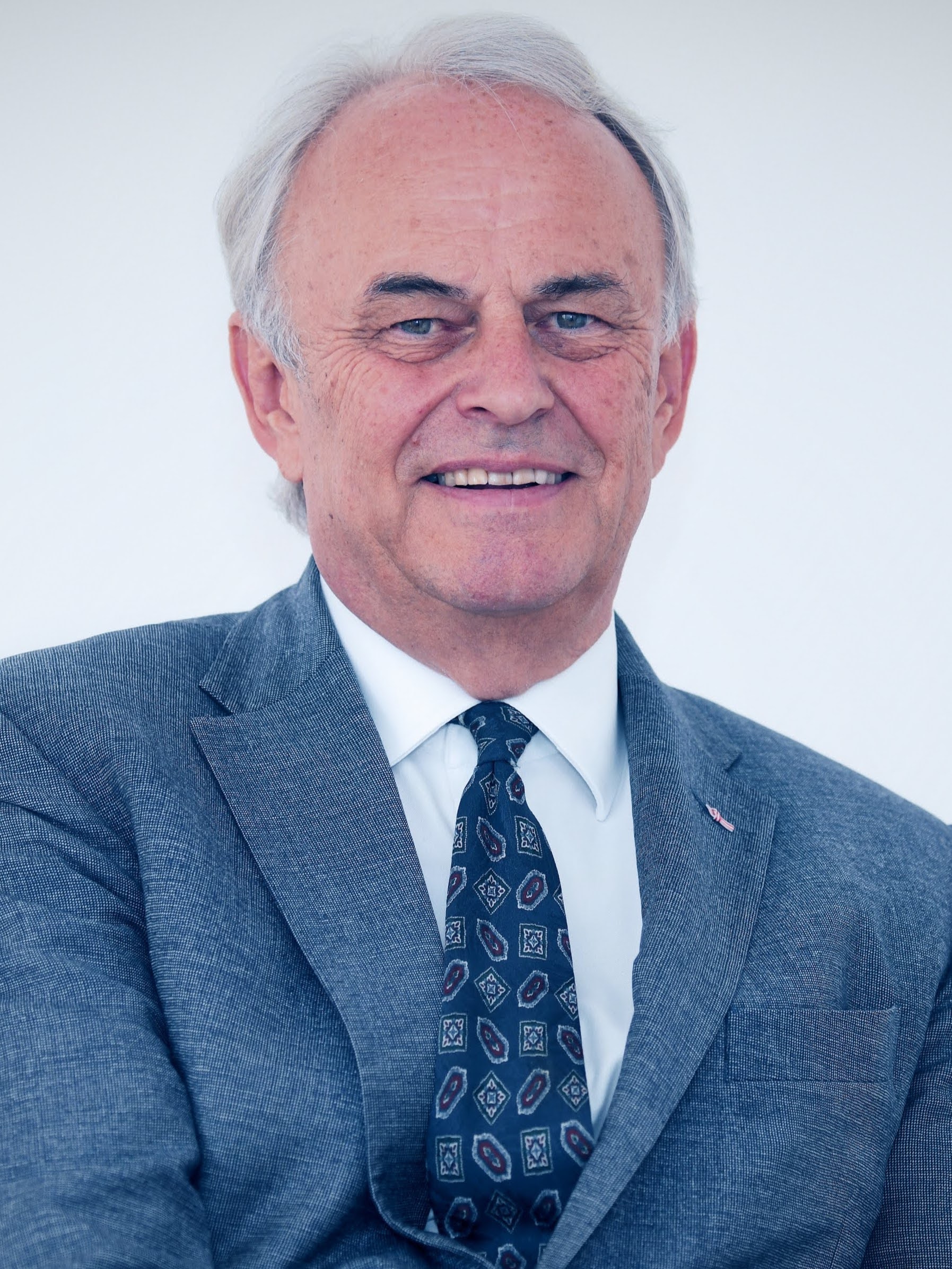SINGLE FAMILY OFFICES IN MONACO
WHAT IS A SINGLE FAMILY OFFICE (SFO) IN MONACO?
There is no specific legislation in Monaco in respect of Single Family Offices (SFO). The words “Single Family Office” are merely descriptive. They describe a strategy, not a form or entity. A SFO structure may take any number of forms but it will relate to the affairs and business of one single Family alone, and may or may not be conceived to extend over several generations, depending on the stage of development and governance of the Family and of course the founder’s aims and plans.
Monaco law does not define quite how far a “Family” extends.
If it is intended for a Family’s affairs within a SFO to extend beyond the life of the founding individual then clearly a structure (a company) must be put in place to survive that individual; otherwise, if it is only intended that an individual organises the Family’s affairs during his/her lifetime, there is no strict need for a company to be created to survive the founder, for the activity will die with him/her. That is to say a SFO is not defined by a certain type of entity: it is an activity that can be carried out by a private individual every bit as much as by a fully-fledged corporation. There is no one size fits all.
When we talk about a “Family’s affairs”, we will consider every type of asset, whether financial or non-financial, private physical assets held directly, or held indirectly for instance in the form of foreign trusts and SPVs (Special Purpose Vehicles), and investment funds. This may extend to dynasty or succession planning, considering how family assets may be protected against the effects of divorce or death, to the ownership of collections such as art or wine, management of yachts and planes, to organising how a family business may be passed on, how younger members of the family will be educated and housed, not to forget any philanthropic measures to be taken.
A Monegasque SFO tends to be a structure of management (although it can also be a means of owning assets), and the idea is that the SFO’s beneficial owner, either personally or through appointed managers in the SFO, controls the management decisions taken over the assets, in whatever form they may take, and whatever location they may be in. By doing so, the role of the SFO will be to interact with any structures abroad and with outside professionals (e.g. trustees, investment fund managers, custodians of assets abroad, real estate agents, lawyers, international accountants, Corporate Service Providers etc..).
It may or may not be appropriate for the SFO to hold Family assets.
In choosing the appropriate form of SFO, it is necessary to consider:
- The size/type of assets involved and their location.
- The number of staff to be employed in Monaco.
- Organisation and governance issues.
- The time spent in Monaco by one or more Family members (do they reside in Monaco?) and how big a structure the founder wishes to set up in Monaco.
The nature of the activities conducted within the SFO may be intended to encompass either civil activities or commercial activities, or both.
Civil activities would include for example providing advice to Family members or trusts of which the beneficiaries include the founder and/or Family members, or managing the financial and non-financial assets owned directly or indirectly by the founder and/ or his Family.
Commercial activities generally include trade, and commercial acts, but the ownership, purchase and sale of movables or commodities is not necessarily a commercial act; it may well be civil, not commercial.

WHY MONACO FOR A SINGLE FAMILY OFFICE?
Four reasons seem to prevail in choosing Monaco as opposed to one of those other jurisdictions which might exist to offer a similar opportunity:
- Monaco is in Europe.
- Monaco is politically extremely stable.
- Monaco is a very attractive place in which to live for people of all ages from young children to people into retirement (this is particularly helpful if it is wished to retain staff within the SFO). The attraction is felt in many ways. Excellent location (not least because France and Italy are close by), safety of persons and goods (an extremely effective Police force), easily accessible (road, sea, air), renowned health care, very pleasant climate, world-class entertainment, a port for large Yachts.
- Monaco is fiscally attractive, and regulation is appropriate, and HNWIs are most welcome.
TYPES OF CORPORATE STRUCTURES/APPROACHES COMMONLY USED TO CONDUCT SFO BUSINESS IN MONACO
A ) Civil Company – Monegasque Société Civile Particulière (SCP)
Traditionally, due to the fact that an SFO is essentially going to conduct civil ctivities, Monaco Civil Companies/SCPs may have been set up to conduct SFO business. As part of the SFO’s role in managing the affairs of the Family, the Single Family Office may need to set up real estate owning companies (in Monaco such a company is called a Société Civile Immobilière) to own real estate. Nevertheless due to the features of the SCP it is not generally recommended as a preferred long-term solution to conduct a Family Office business: it is rather a short-term solution pending the creation of a more robust entity. It might work as a “wait and see” strategy. This form of entity is, by definition, necessarily limited to the conduct of civil activities on an exclusive basis (i.e. no possibility to conduct any commercial activity within the framework of a SCP).
And this form of business bears unlimited liability which may not correspond to the founder‘s wishes.
B) SARL – Limited Liability Partnership This legal form of business has known a certain success in former years as a means to conduct SFO business (although the Monaco Government is now known not to favour this route). A SARL can broadly be said to have the following features:
- The SARL is a limited liability entity which will allow the founder to conduct certain civil activities under a commercial form. This is a specificity of the corporate framework in Monaco.
- In addition, the SARL will be able to conduct commercial activities which will give the founder more possibilities than the SCP (which as we have seen are strictly limited to carrying out civil activities).
- The SARL is a Partnership, created under Monaco Law, with a minimum capital of €15,000 and a minimum of 2 partners (either individual or corporate).
- A Monaco Government licence is required to form a SARL (it takes about 3 months).
- For Single Family Office businesses, the objects clause is easy to draft and the Monaco authorities have previously suggested a template for the objects clause.
- The founder/owner will probably be the Manager/Gérant, and will have Employer status in the SARL (paying CAMTI/ CARTI Social Security to obtain medical and other protections).
- An Accountant will be needed.
- Premises must be found for the SARL, although, should the founder/owner have no Employee, working from home can be anticipated during a certain period of time (2 years).
- The SARL has limited liability which is especially important when employing staff. It is to be noted that in terms of Monegasque tax, a Profits Tax applies in Monaco in respect of commercial and industrial activities.
C) Branch of a Foreign Company – Succursale The founder may wish to have a branch of one of the foreign companies he/she is the owner of to carry out SFO business in Monaco. The following considerations arise:
- This entity in Monaco will be considered as an “administrative office”/“branch” of a foreign company. The Monaco Government licence granted to the branch will define what activity can be carried out in Monaco, and the activity should be in line with (that is come within the objects clause of) the foreign headquarters company, which will then require that the founder review the most appropriate entity which will be represented under the form of a branch in Monaco.
- There is no limited liability of the branch in Monaco and the foreign entity will be liable for all acts and wrongdoings conducted on Monaco territory as represented by its “agent responsable”. An “agent responsable” is necessarily an individual appointed as such to represent the branch in Monaco. • The headquarters company will need to acquire a business licence from the Monaco Ministry of State to allow a branch of itself to be opened in Monaco (Direction de l’Expansion Economique). As a consequence of this, an authorisation file must be lodged by the founder with the competent authorities in Monaco who must approve the proposed activity before the branch activity can commence.
- The licensing process takes time (around 3 months).
- The branch is not going to make profit and will be taxed by reference to its running expenses (typically it is taxed at a rate of 8% x 31% i.e. 2.48% but this tax issue must be addressed with a local Accountant at the time of the creation of the branch, and the rate of 31% is itself reducing annually to 25% over a period of years).
D) SAM (Société Anonyme Monégasque) A SAM can be set up with civil objects or with commercial objects. We have the following observations in so far as a SAM is concerned:
- A distinction must be made between the taxation of a SAM conducting civil activities (a civil SAM is not exposed to Monaco Profits Tax) and a SAM which will conduct commercial activities. This is something which will be reviewed and discussed with a local Accountant.
- The objects clause must reflect all the specific activities which will be conducted by the SAM. The Monaco Government prefers that the objects clause of a SFO in SAM form be compliant with a certain wording so there is no legal uncertainty attached to the wording of the objects clause.
- Two auditors will be needed for the company to operate, and a Monaco Notary/ Notaire will necessarily be involved in the drafting of the Statutes, and seeing through the incorporation process.
- A minimum paid-up capital of €150,000 to set up the SAM will be required.
- The SAM must comply with a number of organisational requirements (appointment of a board/ a Managing Director (“Administrateur Délégué”), two shareholders at least, two auditors to review the accounts on an annual basis). • The SAM will have limited liability (important when you employ staff).
- The founder may (or may not) be a Director/Administrateur (therefore at least having one qualifying share in the SAM) and will manage the affairs of the SAM if desired: he/she can be appointed as Administrateur Délégué of the SAM.
- In that case the founder will be employed by the SAM which requires him/her to obtain a Monaco work permit. He/she will not have any Employer status and he/she will have to pay Monaco Social Security based on remuneration (this is paid to the CCSS, instead of CAMTI). In setting up a SAM there are some advantages:
- Limited liability of the SAM.
- Limited liability against Employees (and generally). • Employee status for all.
- Confidentiality and anonymity: the identity of the shareholders of the SAM is not known to the general public and this information remains private.
- Flexibility: board directors can be legal entities or individuals. They are changed by way of a modification in the Registry of Commerce in Monaco
E) Personal Business (Unauthorised) An individual can manage his/her assets from Monaco without creating any structure, if he/she so wishes, because pure management of one’s personal assets does not of itself create an obligation to seek a business licence from the Monaco Government. An individual can work from home to manage those assets and where he/she has not asked for any business licence.
F) Personal Business (Authorised) This requires the individual to apply to the Government for permission to set up in business to manage his/her own affairs; whilst providing the individual with more complexity than (E) above it fulfils a double function in that it then allows the individual to pay Social Security, and also allows him/her to point to the existence of a specific licence which may have beneficial effects (see below).
Options (E) and (F), whilst extremely simple, have some drawbacks such as:
- Anybody employed is employed necessarily in the individual Employer’s own name.
- There is unlimited liability.
- The death or incapacity of the individual brings the activity to an end (it does/cannot carry on).

THE ROLE OF COMMON REPORTING STANDARD IN MAKING ANY CHOICE
More and more people are concerned that they will need to ascertain where they are resident for Common Reporting Standard/CRS purposes.
Arguably, for CRS purposes it is going to help within any requirement to prove a certain connection with Monaco that an individual has the centre of his/her affairs in Monaco. The proof required to demonstrate such a thing may be more easily adduced if a business activity in the form of a licence or entity exists (say in the form of a SAM carrying out a SFO function) as opposed to an individual managing his/her affairs privately without a licence.
It may be desirable to point to payment of Social Security (and having a Social Security number) as showing a greater connection with Monaco. Since paying Social Security is not optional in Monaco – it flows from carrying out a role in a licensed business – the simple option of just carrying out a SFO type activity privately without any licence would not provide the individual with any Social Security entitlements.
CONCLUSION
For decades Monaco has attracted people who have set up their SFOs in the Principality. Greek ship-owners started the trend. Numbers of Employees and the form the activity takes vary enormously from one SFO to another.
The investment may be high (scores of Employees) or, on the contrary, very light. Indeed, no one SFO will look like another. Since a SFO exists broadly to manage a single Family’s affairs they remain discreet, and very lightly regulated. The form chosen and the make-up of the Office will suit the owner.
There is no single rigid form to opt for, and no definition of what a “Single Family Office” means. It is what its founder wants it to be. Subject to respect for Monaco’s laws around immigration, employment, and Social Security, and certain limited regulatory constraints (such as Data Protection), and provided the Office does not stray into commercial or regulated territory (it must not advise other Families or third parties for example) the functions of a Single Family Office are extremely flexible.
The Monaco Government is keen to promote Monaco as a very special place in which to house a Single Family Office.
Request Info
Call
+377 97 98 10 97
easun.william@tempestlegal.com
Our Consultants
Connect With A Legal Advisor Today

Nathalie
Nathalie is a French legal adviser with more than 28 years’ experience working in France and Monaco. After obtaining a Master degree in Business Law, she began her career with the French Financial Securities Commission. In 2000, she moved to Monaco to work with the local regulators, spending nine years with the Direction du Budget et du Trésor and the Commission de Contrôle des Activités Financières.

William
William is an English-qualified legal adviser who began his career with an English firm in Paris, before moving to work in Monaco in 1981. He has not left the Principality since, becoming a partner with the firm Frere Cholmeley Bischoff, later Eversheds and then Lawrence Graham.